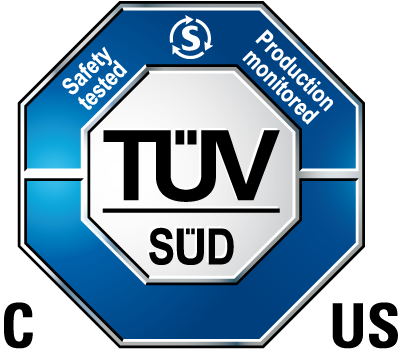Medical device certification, MDR certification, CE certification. These are terms that are used frequently. But is there even such a thing as medical device certification?
This article answers the question.
1. Summary
The short answer is: There is no formal medical device certification, CE certification, or MDR certification.
However, manufacturers do require certifications or certificates. Therefore, the right thing is usually meant, even if the terms are incorrect.
Is this a new topic for you? Then we recommend the article 7 steps to a medical device.
In many cases, the term “medical device approval” is also incorrect. Read more about this in our article on approval procedures.
Manufacturers should distinguish audits and certifications of organizations and their management systems from inspections and certifications of medical devices.
2. Which certifications exist
Whether and, if so, which certifications exist or are necessary depends on the area of jurisdication.
a) Certifications in the EU
In Europe, the EU MDR and IVDR regulations specify what manufacturers must do if they want to place medical devices on the market. These requirements include conformity assessment procedures.
This keyword on conformity assessment procedures introduces you to the procedures and describes how their choice depends on the class of medical devices.
Certification of the QM system
One of the most frequently used conformity assessment procedures is described in Annex IX of the MDR or IVDR, respectively. It requires a complete quality management system. To ensure that this QM system meets the requirements of the MDR and IVDR, manufacturers must be certified by a notified body: A manufacturer must be audited by a notified body and, if successful, will receive a certificate of conformity, as described in Article 56 of the MDR.
During this audit, manufacturers usually also have their conformity with the requirements of ISO 13485 certified. And this attestation is a certificate.
So when the term “medical device certification” is used, it is usually not the certification of a medical device that is meant but the certification of a quality management system in the context of certain product classes. The certificate or certification is a prerequisite for marketing the devices.
Certification of medical devices (“medical device certification”)
The type-examination and the product conformity verification are further conformity assessment procedures. Here, a notified body verifies the medical device, only the product type or even the (individual) devices produced.
Here, too, the notified body issues certificates if successful. These are the cases where the term “medical device certification” is most appropriate because the device is indeed verified.
b) Certifications in Germany
The same regulatory requirements apply in Germany as in the rest of the EU. However, digital health applications – digitalen Gesundheitsanwendungen (DiGA) are a German specialty.
German social legislation requires these products to have a certified information management system, e.g., in accordance with ISO 27001. However, this is a certification of a management system and not a certification of a device.
c) Certification in the USA
In the USA, the FDA does not require certification. While the FDA also requires a QM system in accordance with 21 CFR part 820, and this law, in turn, refers to ISO 13485, the FDA does not insist on certification.
Instead, it carries out quality system inspections. If successful, these do not end with a certificate but only with “no objections.”
3. General information on certifications of medical devices
a) The value depends on the certifying organization
A certification is only as valuable as the certificate. The value of the certificate depends on the institution that issues the certification. These certifying bodies should be accredited by the national accreditation bodies. In Germany, the DAkkS issues these accreditations.
In the case of medical devices for the European market, the certificates – or more precisely, the attestations – must be issued by notified bodies designated at the EU level (and not at the national level).
b) Product certificates and organization certificates
Even if a notified body issues the certification – manufacturers should carefully check the value of the certifications. For example, notified bodies are not accredited to issue an “IEC 62304 certificate.” This standard is a process standard, and the certificate can only confirm that the manufacturer follows the standard’s requirements. However, the certificate cannot make any statement about the quality of a device.
In contrast, this is possible in case of product verifications, e.g., testing for electrical safety or electromagnetic compatibility, because the respective standards prescribe the tests to be conducted with the product.
4. Conclusion
The term medical device certification almost always creates a misleading image. This is because it is usually not a device that is tested and certified but a management system.

In the first case, the analogy to the “TUEV/NRTL mark” is correct. In the second case, manufacturers are permitted to test the device themselves and apply the marking themselves.
In the EU, this marking corresponds to the CE marking. Read more about this in the in the article on CE marking.
Would you like to market your device quickly and safely in Europe, the US, or another country? Then, benefit from the expertise of our regulatory affairs team. Contact us.
Change history
- 2023-06-01: Article completely rewritten
- 2014-10-05: First version of the article published


